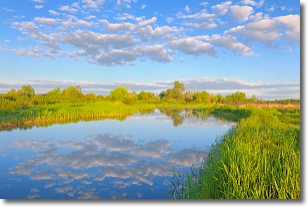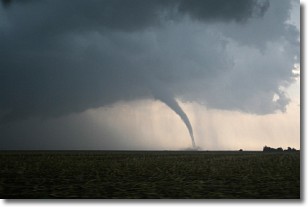Weather Alert in Florida
Severe Thunderstorm Warning issued June 10 at 3:18AM EDT until June 10 at 4:45AM EDT by NWS Tallahassee FL
AREAS AFFECTED: Franklin, FL; Gulf, FL; Liberty, FL
DESCRIPTION: SVRTAE The National Weather Service in Tallahassee has issued a * Severe Thunderstorm Warning for... Gulf County in the Panhandle of Florida... Southern Liberty County in Big Bend Florida... Franklin County in Big Bend Florida... * Until 445 AM EDT/345 AM CDT/. * At 318 AM EDT/218 AM CDT/, severe thunderstorms were located along a line extending from near Wewahitchka to 11 miles south of Port St. Joe, moving east at 20 mph. HAZARD...60 mph wind gusts. SOURCE...Radar indicated. IMPACT...Expect damage to roofs, siding, and trees. * Locations impacted include... Carrabelle, Eastpoint, Apalachicola, St George Island, Port St. Joe, Wewahitchka, Franklin, Honeyville, Royal Bluff, Eleven Mile, St George Island St Pk, Odena, Cape San Blas, Indian Pass, Beverly, Milltown, Bay City, Willis Landing, Apalachicola Airport, and Simmons Bayou.
INSTRUCTION: For your protection move to an interior room on the lowest floor of a building. To report severe weather, contact your nearest law enforcement agency. They will send your report to the National Weather Service office in Tallahassee.
Want more detail? Get the Complete 7 Day and Night Detailed Forecast!
Current U.S. National Radar--Current
The Current National Weather Radar is shown below with a UTC Time (subtract 5 hours from UTC to get Eastern Time).

National Weather Forecast--Current
The Current National Weather Forecast and National Weather Map are shown below.

National Weather Forecast for Tomorrow
Tomorrow National Weather Forecast and Tomorrow National Weather Map are show below.

North America Water Vapor (Moisture)
This map shows recent moisture content over North America. Bright and colored areas show high moisture (ie, clouds); brown indicates very little moisture present; black indicates no moisture.

Weather Topic: What are Stratocumulus Clouds?
Home - Education - Cloud Types - Stratocumulus Clouds
 Next Topic: Stratus Clouds
Next Topic: Stratus Clouds
Stratocumulus clouds are similar to altocumulus clouds in their
fluffy appearance, but have a slightly darker shade due to their additional mass.
A good way to distinguish the two cloud types is to hold your hand out and measure
the size of an individual cloud; if it is the size of your thumb it is generally
an altocumulus cloud, if it is the size of your hand it is generally a
stratocumulus cloud.
It is uncommon for stratocumulus clouds to produce precipitation, but if they do
it is usually a light rain or snow.
Next Topic: Stratus Clouds
Weather Topic: What are Wall Clouds?
Home - Education - Cloud Types - Wall Clouds
 Next Topic: Altocumulus Clouds
Next Topic: Altocumulus Clouds
A wall cloud forms underneath the base of a cumulonimbus cloud,
and can be a hotbed for deadly tornadoes.
Wall clouds are formed by air flowing into the cumulonimbus clouds, which can
result in the wall cloud descending from the base of the cumulonimbus cloud, or
rising fractus clouds which join to the base of the storm cloud as the wall cloud
takes shape.
Wall clouds can be very large, and in the Northern Hemisphere they generally
form at the southern edge of cumulonimbus clouds.
Next Topic: Altocumulus Clouds
Current conditions powered by WeatherAPI.com




